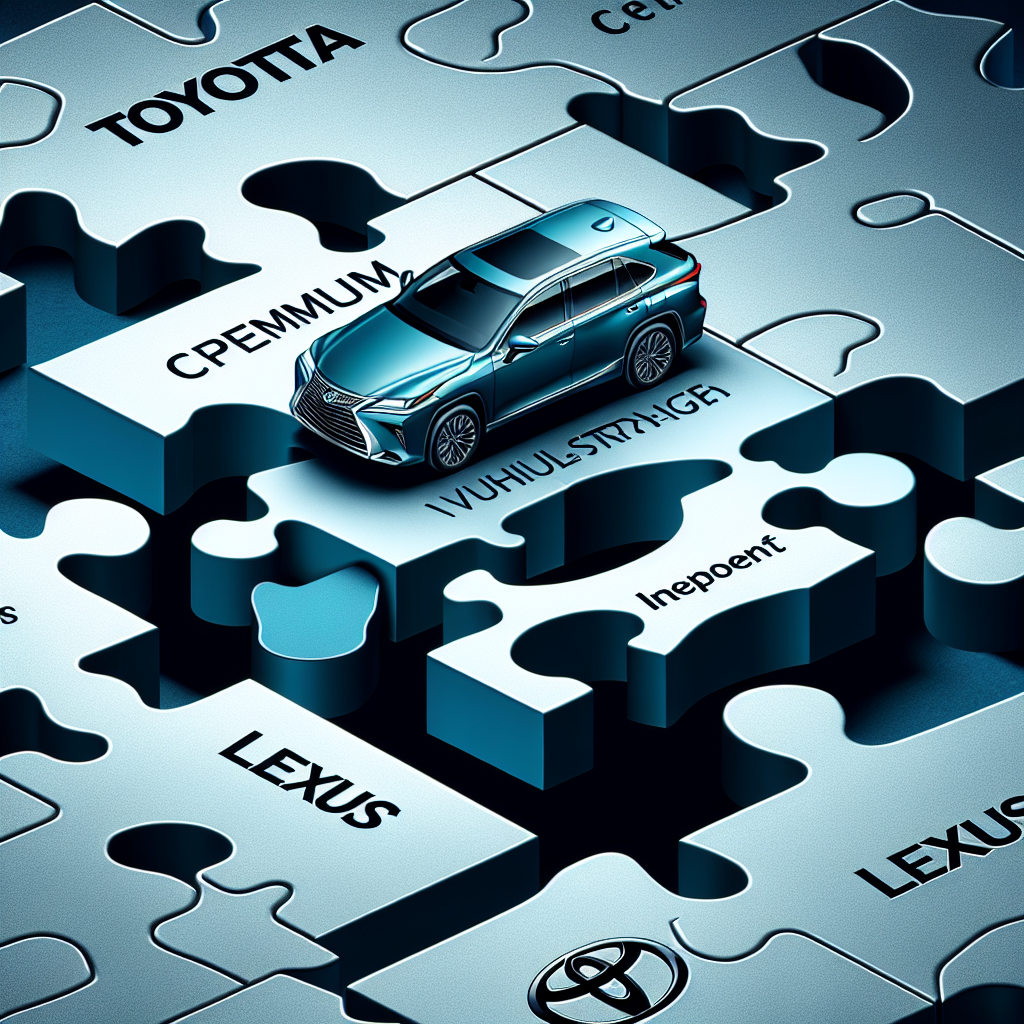
In a significant strategic move that reshapes its luxury vehicle hierarchy, Toyota Motor Corporation has announced plans to establish Century as a standalone ultra-luxury brand positioned above Lexus in its corporate structure. This bold restructuring represents one of the most substantial organizational changes in Toyota's luxury vehicle strategy since the launch of Lexus.
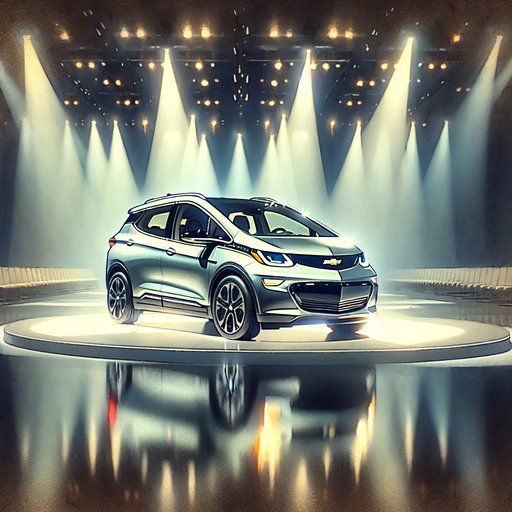
Chevrolet has made a bold move in the electric vehicle market with the introduction of the 2027 Bolt, positioning it as America's most affordable electric vehicle. The revived model combines updated technology with an attractive price point, directly challenging Tesla's market dominance in the entry-level EV segment [1].
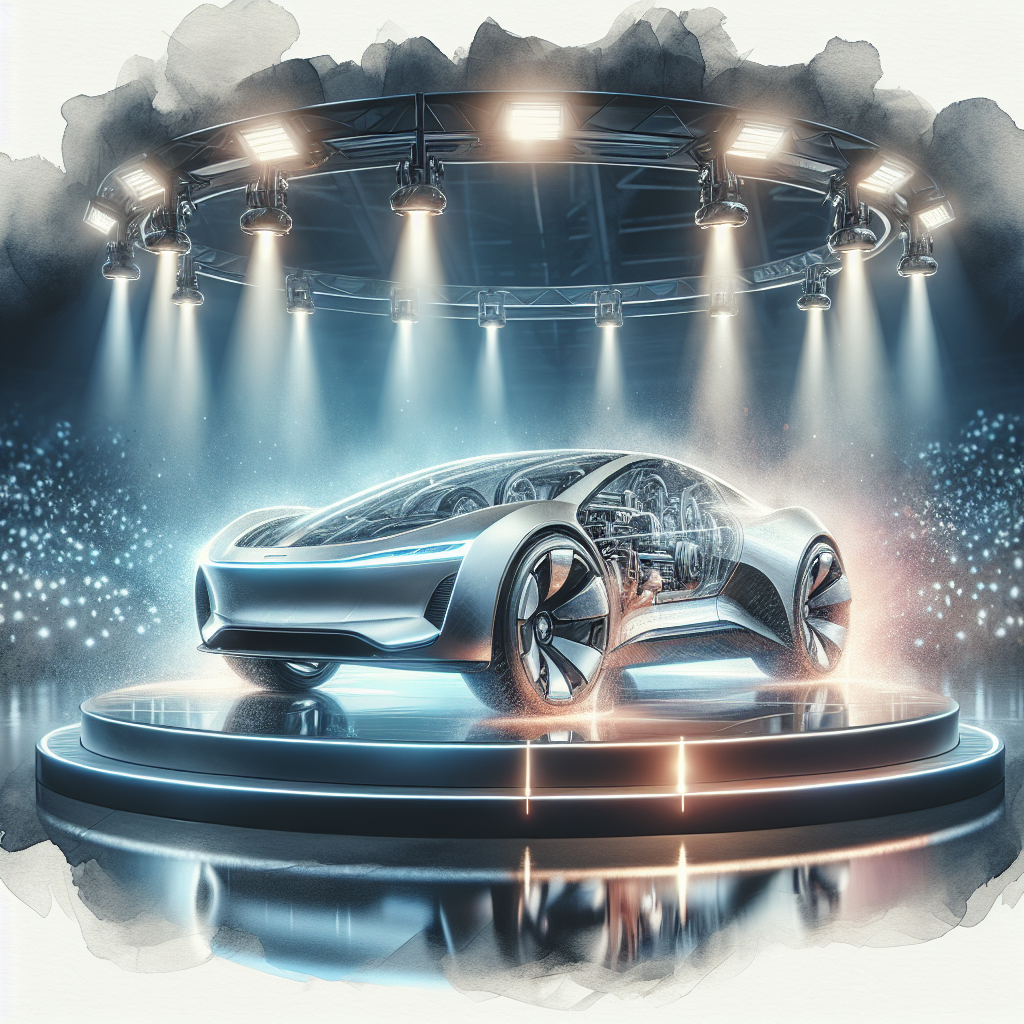
In a historic shift for the legendary Italian automaker, Ferrari has revealed details of its groundbreaking all-electric platform that will underpin the company's first-ever EV, dubbed the Elettrica. The announcement marks a pivotal moment in Ferrari's history, though initial market reaction has been mixed, with some uncertainty reflected in the company's share price [1].
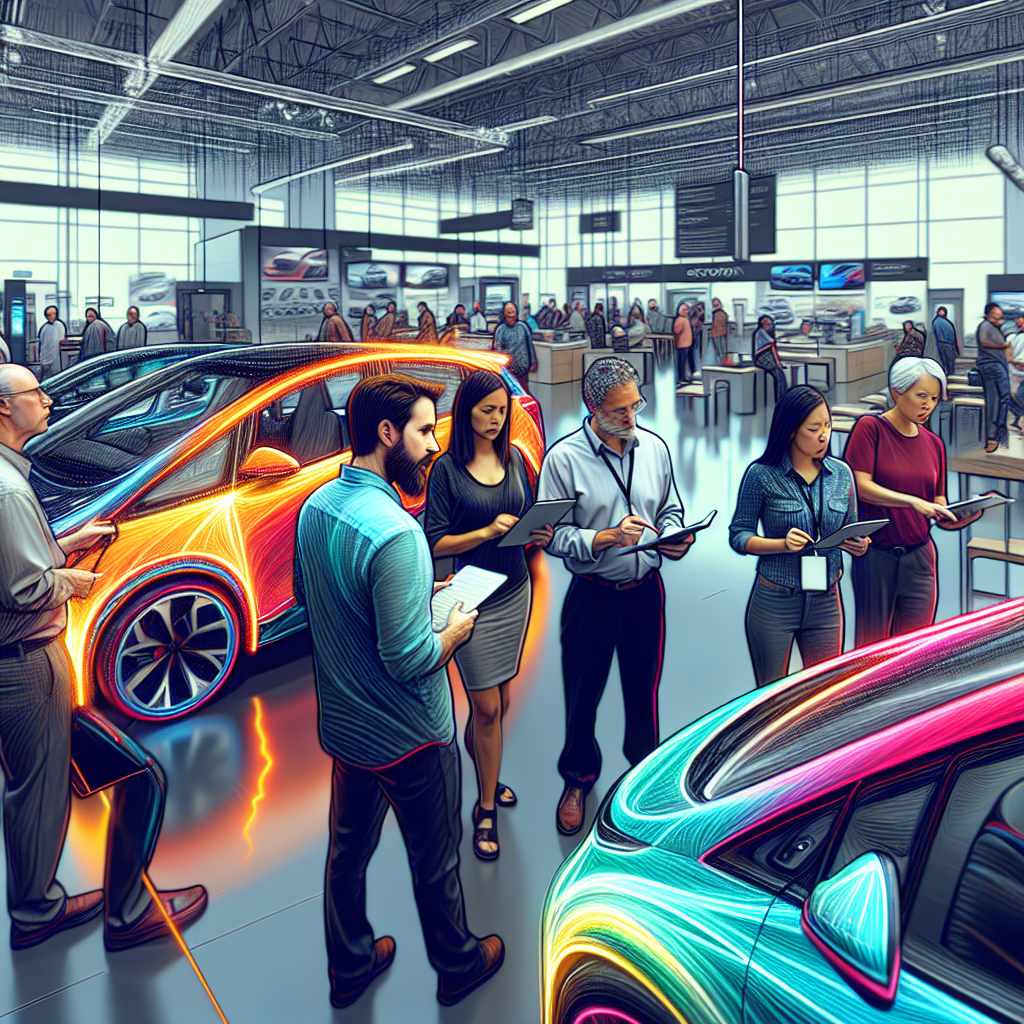
The global automotive landscape is experiencing significant transformations, with electric vehicles continuing their market penetration and traditional dynamics shifting across regions. Electric vehicle (BEV) registrations worldwide reached an impressive 18% market share in August 2025, demonstrating the accelerating transition to electric mobility [1]. This shift is particularly pronounced in markets like Sweden, where plug-in vehicles now command 68.4% of sales [2].

The automotive enthusiasm landscape is evolving beyond traditional car shows, embracing diverse forms of entertainment and community engagement. From prestigious concours events to innovative YouTube content and exclusive car storage solutions, the automotive culture continues to find new ways to celebrate the passion for vehicles while building stronger connections among enthusiasts.

The automotive industry is grappling with several simultaneous disruptions to its supply chain, from cybersecurity incidents to supplier bankruptcies, while stakeholders work to maintain production and plan for a more sustainable future. These challenges are testing the resilience of global automotive manufacturing networks and prompting calls for modernization of supply chain infrastructure.
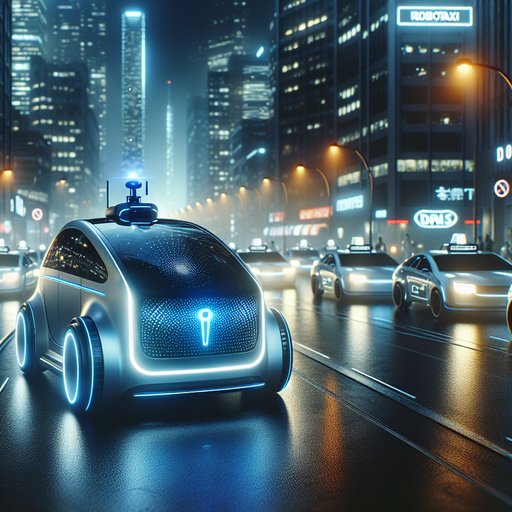
The autonomous vehicle industry is experiencing significant growth as multiple companies launch new services and expand into fresh markets. Recent developments show robotaxi operators are diversifying their business models beyond traditional ride-hailing, forming strategic partnerships, and entering new geographic territories, signaling a maturing market for autonomous mobility services.








